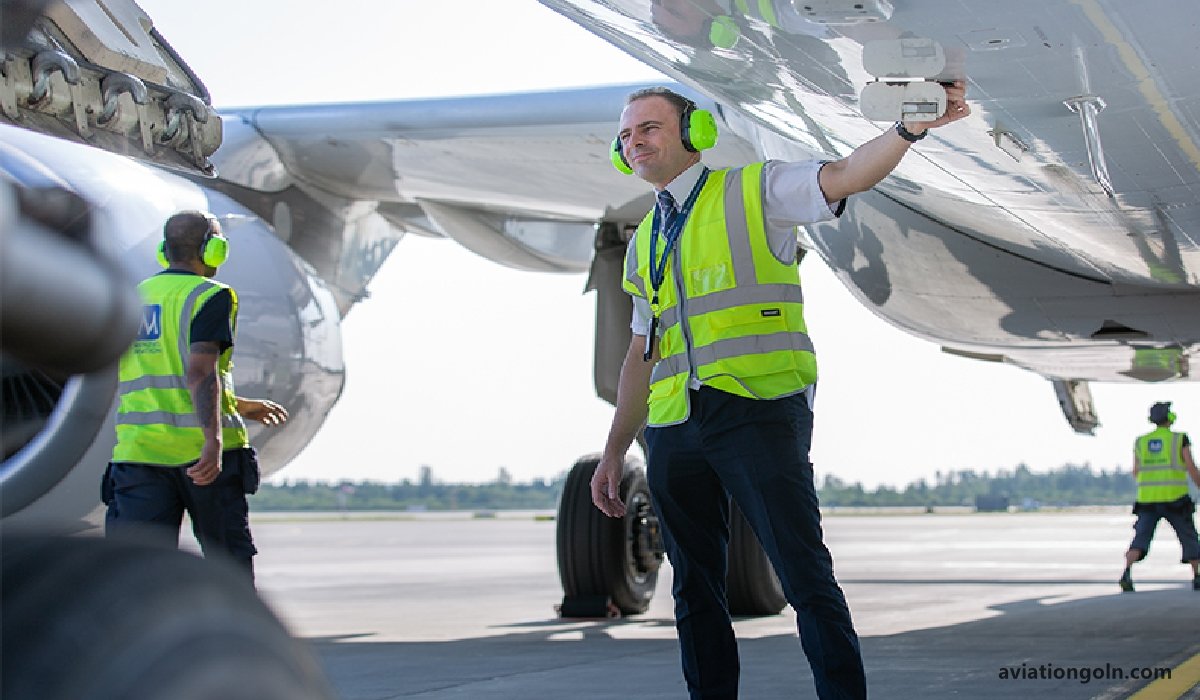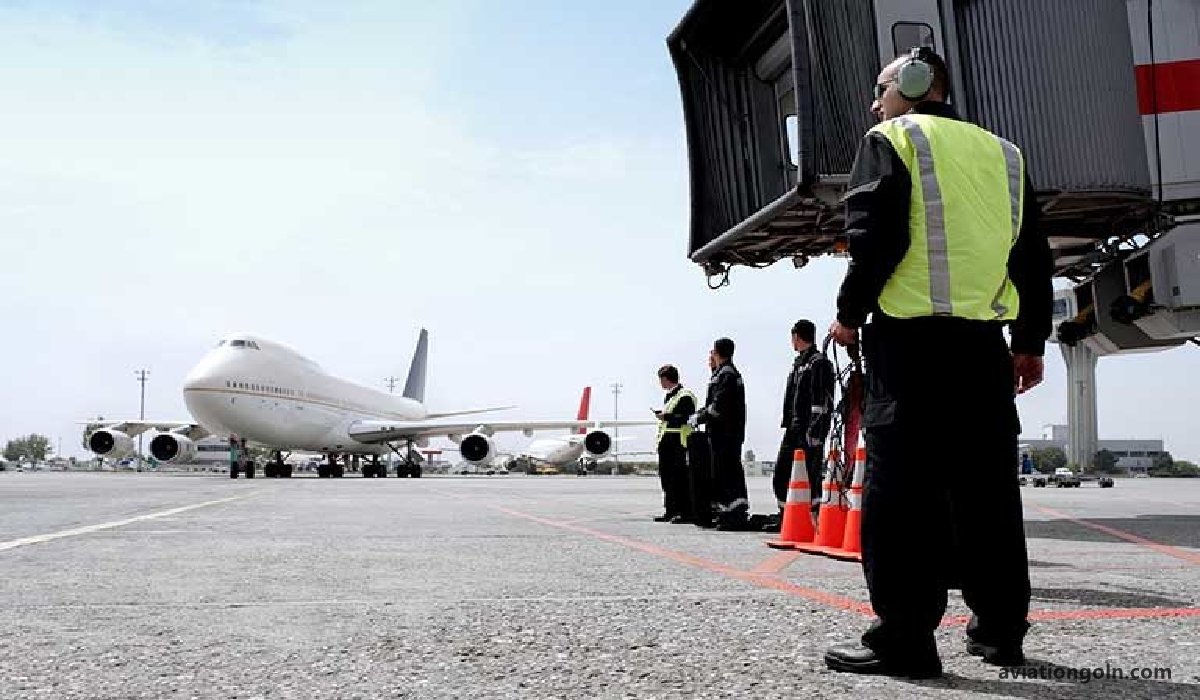Airport Management and Operations: Airports, as complex as they may seem to travelers, are intricately managed entities that require a diverse workforce to function efficiently. From the enormous international airports that serve millions of passengers annually to the smaller local airstrips, each facility demands skilled professionals to ensure its smooth operation. While commercial airline careers often steal the limelight, general aviation careers in airport management and operations remain a vital part of the aviation ecosystem.
Airport Management and Operations: General Aviation Careers

II. The Structure of Airport Management
To understand the vast array of career opportunities within airport management, it’s essential to grasp the structure of an airport’s managerial framework:
- Airport Director/Manager: Often reporting directly to an airport authority or municipal entity, the director or manager oversees all airport activities. They are the decision-making authority, balancing operational needs, economic factors, and community interests.
- Deputy and Assistant Managers: These professionals assist the director, often specializing in specific areas like operations, maintenance, or finance.
- Airport Operations Manager: Focused on the day-to-day activities of the airport, this individual ensures safety compliance, coordinates with airlines and tenants, and manages emergency responses.

III. General Aviation Career Opportunities in Airport Operations
- Operations Coordinator/Specialist: This role involves monitoring the daily operations of the airport, from runway inspections, to overseeing construction projects, to ensuring compliance with federal regulations.
- Airfield Maintenance: These specialists maintain runways, taxiways, and ramps, ensuring they are in good condition and free of obstacles.
- Wildlife Biologist: Believe it or not, wildlife poses a significant risk to aircraft. Biologists develop and implement strategies to manage and deter wildlife from runways and airport grounds.
- Security Coordinator: In a post-9/11 world, airport security is paramount. This role ensures the implementation of security protocols and liaises with federal and local security agencies.
- Emergency Response Manager: Responsible for developing, implementing, and overseeing the airport’s emergency response procedures, from fire and rescue to evacuation protocols.

IV. Careers in Airport Management
- Business Development Manager: This role focuses on the commercial aspects of the airport, attracting new airline services, developing non-aeronautical revenue streams, and leasing airport properties.
- Property Manager: They manage and lease airport properties, including hangars, business parks, and retail spaces, ensuring contracts are in line with regulations and generating revenue for the airport.

- Public Relations and Marketing: Like any other business, airports need to market their services. These professionals promote the airport, handle media relations, and communicate with the public.
- Environmental Coordinator: Airports are increasingly focused on sustainable operations. This role ensures environmental compliance, manages waste and pollution, and develops eco-friendly initiatives.

V. Training and Education for General Aviation Careers
For those aspiring to work in general aviation airport management and operations:
- Bachelor’s Degree: Many professionals in the field hold degrees in airport management, aviation administration, or a related field.
- Certifications: Several organizations offer certifications for airport professionals, such as the American Association of Airport Executives (AAAE). Certifications can enhance job prospects and credibility.
- Internships: Many airports offer internship programs that provide practical experience and networking opportunities.

VI. The Importance of General Aviation Airports
General aviation airports, which are primarily used by private aircraft rather than commercial airlines, play a crucial role in the aviation industry. They:
- Provide Access: They serve communities that might not have commercial air service, ensuring connectivity.
- Foster Economic Growth: These airports often generate significant local economic activity, from employment to supporting businesses.
- Offer Training: Many pilot training programs occur at general aviation airports.

VII. Challenges and Rewards of a Career in General Aviation Airport Management
While the sector offers numerous opportunities, it comes with challenges. Airport professionals must be adaptable, dealing with everything from weather disruptions and technical failures to security threats. The regulatory environment is also ever-evolving, demanding continuous learning and flexibility.
However, the rewards are numerous. There’s the satisfaction of contributing to a vital community infrastructure, the excitement of an ever-changing industry, and the myriad opportunities for career advancement.

General aviation careers in airport management and operations offer a world of opportunities for those passionate about aviation. From the bustling environment of a busy metropolitan airstrip to the quiet routine of a rural airport, there’s a role for everyone. These careers, often overshadowed by their commercial counterparts, are crucial in the aviation tapestry, ensuring that every flight, big or small, is handled with utmost precision and care. For those who dive into the realm of general aviation airport management, the sky isn’t the limit—it’s just the beginning.
